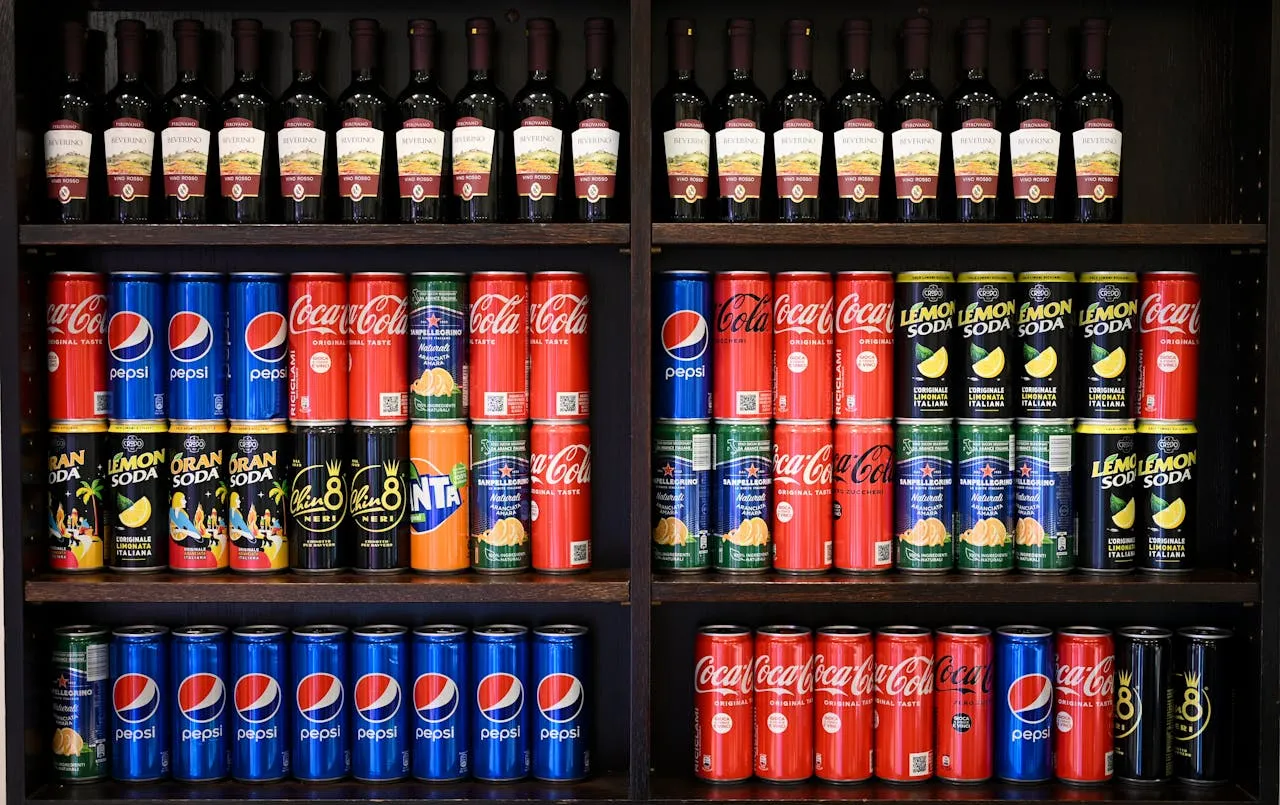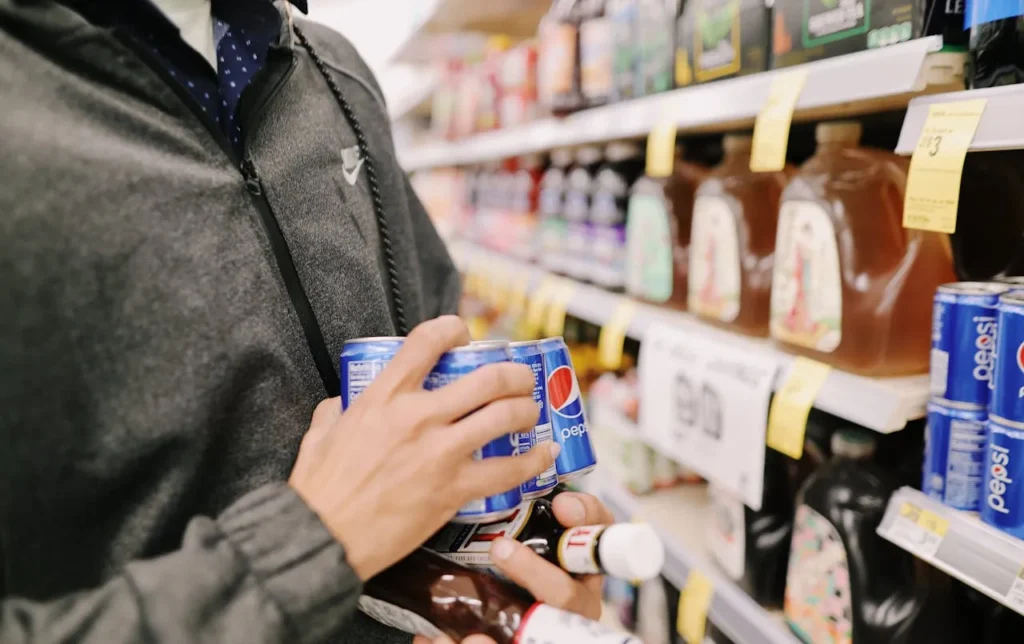
ResearchAndMarkets.com has announced the addition of the latest comprehensive study, “Soft Drinks in Western Europe”, to its growing portfolio of beverage market insights. This new global briefing offers a deep dive into the state of the soft drinks market in Western Europe as of 2024, highlighting the market’s performance, evolving dynamics, emerging categories, and key strategic imperatives for stakeholders navigating a challenging yet opportunity-filled landscape.
Market Overview: Stagnation Amid Economic and Structural Pressures
In 2024, the soft drinks market in Western Europe experienced a notable stagnation in off-trade sales at the regional level. This flatlining performance is largely attributed to the sluggish or even declining sales in some of the region’s largest national markets, including Germany and France. These countries, historically seen as bellwethers for beverage trends, are grappling with consumer fatigue driven by inflationary pressures and economic uncertainty.
The cost-of-living crisis, which has intensified due to persistent inflation over the past few years, has significantly dampened discretionary spending across categories. Consumers are increasingly prioritizing value-for-money options, leading to more conservative purchasing behavior. As a result, even staple beverage segments such as bottled water and carbonates—already mature in Western Europe—have seen slowing momentum.
Despite these economic headwinds, the soft drinks sector is not without its bright spots. Health and wellness continues to be a dominant trend, shaping product development, marketing strategies, and consumer preferences across the region. Demand for functional beverages, sugar-free alternatives, and natural ingredients is steadily rising, offering companies new avenues for growth and differentiation.
Key Themes: Buzz Topics, White Spaces, and Emerging Geographies
The report spotlights a number of buzz topics that are currently influencing the Western European soft drinks market. These include:
- Sugar reduction and reformulation: As health-conscious consumers and regulatory bodies alike push for lower sugar content, manufacturers are innovating to meet new taste and health expectations without compromising flavor.
- Sustainable packaging: With mounting environmental concerns, especially in countries like Germany, Sweden, and the Netherlands, sustainability in packaging—recyclability, biodegradable materials, and reusable formats—has become a core competitive issue.
- Functional and enhanced drinks: Beverages with added vitamins, probiotics, adaptogens, or other functional ingredients are becoming increasingly popular, particularly in urban markets and among younger demographics.
- Geographic diversification: While mature markets like Germany and France are struggling, others such as Portugal, the Netherlands, and Ireland are witnessing pockets of growth. These emerging geographies offer opportunities for brands willing to localize offerings and invest in regional engagement strategies.
The study also maps out white spaces in the market—areas that remain underdeveloped or underserved. These include plant-based RTD (ready-to-drink) teas and coffees, low-calorie sports drinks for the aging population, and hydration-enhancing beverages tailored for active lifestyles beyond traditional sports contexts.
Competitive Landscape: Key Players and Brand Strategies
The report provides an in-depth strategic analysis of the competitive environment, profiling major players and tracking brand performance across product segments and distribution channels. The landscape remains highly concentrated, with global giants such as Coca-Cola, PepsiCo, Nestlé, and Danone retaining strong positions in various categories.
However, local and regional brands are also making significant strides by catering to niche preferences, experimenting with novel flavors, and building strong sustainability credentials. The rise of challenger brands, especially in health-focused categories like energy drinks and RTD teas, is reshaping the competitive dynamics.
Packaging innovations, pricing strategies, and distribution partnerships are emerging as key levers of success. For example, leveraging e-commerce platforms and direct-to-consumer models has allowed some brands to sidestep traditional retail constraints and connect more closely with loyal customer bases.

Product Scope: Diverse Offerings Across Categories
The report covers a wide range of product categories within the soft drinks segment, including:
- Asian Specialty Drinks
- Bottled Water
- Carbonates
- Concentrates
- Energy Drinks
- Juice
- RTD Coffee and RTD Tea
- Sports Drinks
Each of these categories is examined in terms of volume and value performance, innovation trends, and market maturity. For instance, while carbonates are experiencing volume decline, premiumization and health-conscious reformulations are driving value growth. Similarly, RTD teas and coffees are benefiting from café culture trends and on-the-go consumption habits.
Market Forecasts and Future Outlook
Utilizing five-year forecasts, the report projects how the Western European soft drinks market is expected to evolve through 2029. While modest recovery is anticipated in some national markets, overall growth will likely be uneven and heavily dependent on brands’ abilities to align with shifting consumer expectations.
Key criteria for success will include:
- Health-focused innovation
- Cost-effective product formats
- Localized flavor development
- Sustainable and responsible practices
- Omnichannel distribution strategies
The report concludes that agility and innovation will be critical for companies aiming to remain relevant and competitive in a market increasingly shaped by health, economic constraints, and environmental consciousness.
Report Highlights
- Regional Overview: Analysis of market stagnation, inflation impact, and recovery signals.
- Leading Companies and Brands: Strategic positioning, market shares, and growth tactics.
- Forecast Projections: Volume and value projections by product and country.
- Country Snapshots: Market breakdowns and trends in key Western European nations.
Why Purchase This Report?
- Gain a detailed understanding of the current and future landscape of the Western European soft drinks market.
- Identify high-growth sectors and white space opportunities.
- Benchmark against major players and emerging brands.
- Inform product development and go-to-market strategies with region-specific data and insights.
This report is essential reading for beverage industry professionals, investors, product developers, and strategic planners seeking to stay ahead in a dynamic, health-driven, and increasingly value-conscious market.




